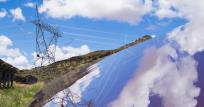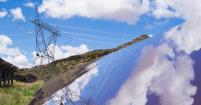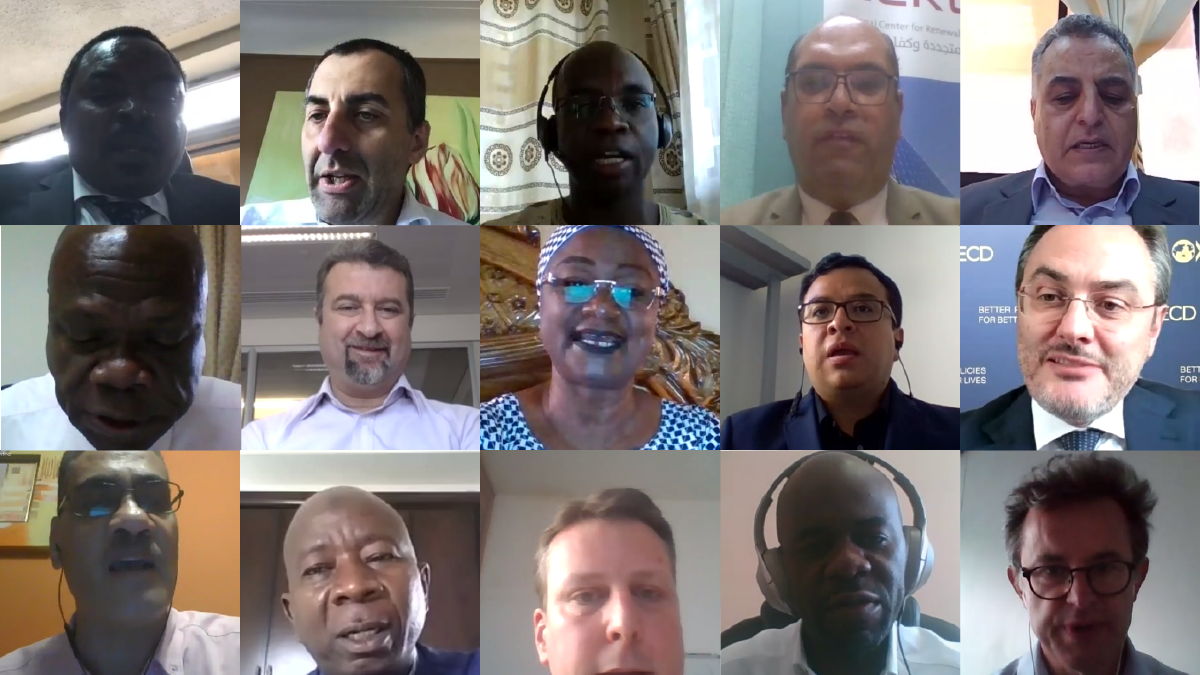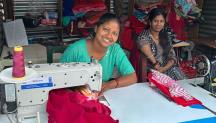

Energy Innovation for a Green Recovery in Africa
Newsletter
The COVID-19 pandemic has underscored the need for reliable, sustainable and affordable electricity. Without it, health facilities cannot run medical equipment or provide clean water essential for hygiene. For the hundreds of millions still living in energy poverty today, the pandemic presents an acute challenge.
The absence of electricity access is more severe in Sub-Saharan Africa, where despite the continent’s substantial renewable energy resources, more than half a billion people still live without access to electricity. Identifying the opportunities for technology innovation and digitalization to unlock Africa’s energy and economic potential was the theme of a virtual discussion hosted by the International Renewable Energy Agency (IRENA) and the Africa Renewable Energy Initiative (AREI).
The webinar featured insights from a range of experts who offered perspectives and insights on how power system innovation (technology, policy, business models, etc.) can shape a socially inclusive energy transition in the continent, in pursuit of economic recovery, the sustainable development goals and Africa’s Agenda 2063.
“Sub-Saharan Africa could meet 67% of its power generation from indigenous and clean renewable energy by 2030”
IRENA’s Global Renewables Outlook revealed that Sub-Saharan Africa could meet 67% of its power generation from indigenous and clean renewable energy by 2030. Further analysis shows the transformation would boost GDP, improve welfare and result in employment gains of up to 2 million additional green jobs in Sub-Saharan Africa by 2050.
Ms. Safiatou Alzouma Nouhou, Director of the Independent Delivery Unit, AREI, highlighted the need for governments in the region to seize the moment: “Governments should use the urgency of the COVID-19 crisis to make relevant policy changes that will not only help in the short term but also strengthen the long-term recovery efforts,” she noted in her opening remarks. “In this context, maintaining the focus on the deployment of renewable energy solutions is, therefore, central to addressing the daunting energy challenges of the continent.”

Swift and decisive policy interventions are critical as stressed by Dr. Maged Mahmoud, Acting Executive Director of the Regional Centre for Renewable Energy and Energy Efficiency. “We need a rapid policy response to create accelerated renewable energy deployment in Africa,” he said. “The COVID crisis has spread the African energy sector thin and we are now recognising that a modernized and digitized energy system is stronger and more resilient.”
As African energy systems look to integrate higher shares of renewable energy, ensuring system flexibility will be a critical consideration for planners and policy makers. Increasing demand-side management, adding storage, the promotion of regional interconnections, and strengthening the grid were all identified as economical solutions to enable higher shares of renewable energy power generation.
IRENA Director of Country Engagement and Partnerships, Mr. Gurbuz Gonul said: “Stimulus and recovery measures for the post-Pandemic period provide a unique opportunity for Africa to address short-term and long-term priorities.” He further stressed that utilising the technology innovation available offers Africa an efficient and cost competitive recovery pathway: “The ongoing power sector transformation is being accelerated by three main innovation trends,” he said. “Digitalisation of system integration, decentralisation of supply side, and electrification of demand side. Digitalisation and data collection can be more effectively used for a more optimised system operation.”
The post-pandemic recovery commitments should be channelled towards a well-informed, broad, innovation-led approach that prioritises the use of present-day power generation technologies, system planning approaches and demand-side management solutions even where little or no energy infrastructure currently exists.
During his intervention, Mr. Jean Pierre Barral, Director of Energy transition and Digitalisation Department, Agence Française de Développement, said: “Investment in smart technologies should be a priority for utilities as these investments will enable commercial and technical loss reduction, improve quality of service, and facilitate integration of intermittent renewables which are the cheaper option for producing power.” He added, “the digital revolution and mobile banking have already completely changed the business model of access to electricity with the Pay as You Go model, with more innovations to come.”
Digital innovations such as the Internet of Things (IoT), artificial intelligence (AI), blockchain, smart mini-grids and associated flexibility solutions are starting to significantly impact African power systems, playing an important role in improving efficiency and in managing the complexities of dynamic power grids. These innovation solutions feature in IRENA’s recently published series of innovation briefs.
“Digitalisation is just part of the broader structural transformation in Africa,” said Mr. Federico Bonaglia, Deputy Director of OECD Development Centre. “To tap into the huge renewable energy resources in Africa, we need to look at the issue from a strategy perspective as opposed to a sectoral perspective.”




